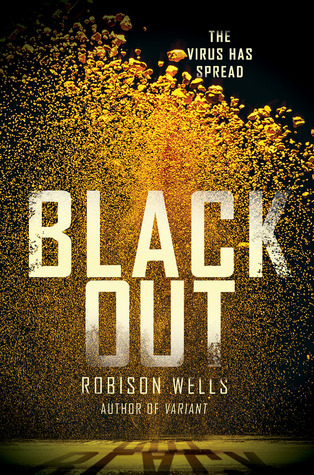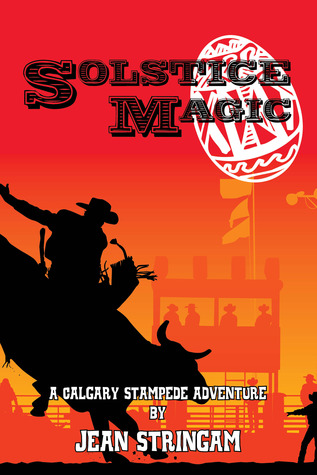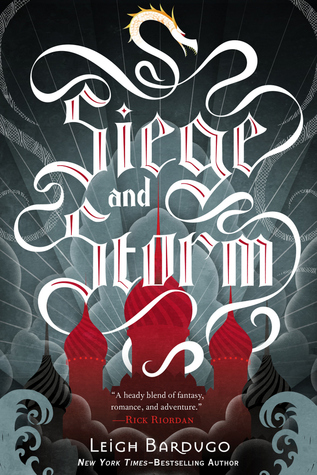 Ghost stories aren't always my favorite genre, but I was intrigued by the premise of this one: a boy and his mom win an all-expenses-paid exclusive vacation to a new island resort. But Bret starts to get suspicious even before they arrive at the island, when the man paid to ferry them over refuses to do so after getting a look at Bret's mom. He shoves some pamphlets in Bret's hands which explain the myth of a boy who haunts the island after his drowning death in 1968. When Bret discovers that the boy is looking for his mom--and that Bret's mom looks exactly like her--Bret begins to realize that this haunting could be a lot deadlier than he'd supposed.
Ghost stories aren't always my favorite genre, but I was intrigued by the premise of this one: a boy and his mom win an all-expenses-paid exclusive vacation to a new island resort. But Bret starts to get suspicious even before they arrive at the island, when the man paid to ferry them over refuses to do so after getting a look at Bret's mom. He shoves some pamphlets in Bret's hands which explain the myth of a boy who haunts the island after his drowning death in 1968. When Bret discovers that the boy is looking for his mom--and that Bret's mom looks exactly like her--Bret begins to realize that this haunting could be a lot deadlier than he'd supposed.There are, of course, some subplots involving Bret and his mom recovering from his older sister's death; Bret's dealing with the resort owner's snobbish niece; and Bret's fears that his parents are in the process of divorcing. But the primary story resolves around the haunting. I thought Downing did a nice job with those bits--there were definitely some spooky scenes in the story. I thought Bret's voice as pretty average for middle-grade; clean, but not necessarily distinctive. And not all of the subplots worked for me--I figured out the one involving the owner's niece pretty early on. Still, I think this would be an enjoyable read, particularly for young readers who enjoy being creeped out.



